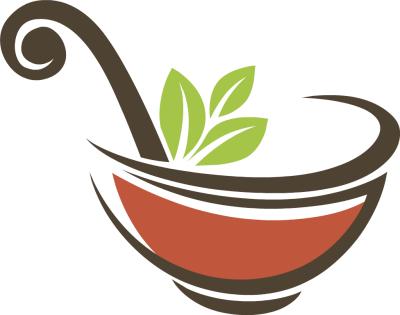 Some Herbal Supplements Should Be Taken with Caution
Some Herbal Supplements Should Be Taken with Caution
Just because something is natural doesn’t mean it’s always safe! After all many mushrooms are poisonous and they’re natural, aren’t they?
According to doctors, these common herbal supplements carry some degree of risk:
Ginko and Ginseng – When these are mixed with blood-thinning meds, they can cause excessive bleeding
Kava – Shown to cause liver damage
St. John’s Wort – Can interfere with high blood pressure meds and satins
In you have any questions, may sure you take with your doctor about any herbal or vitamin supplements you are taking.


